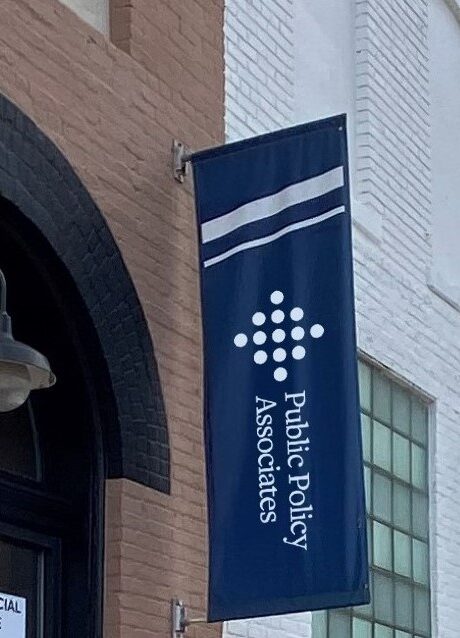 Food banks rely on solid program information for many purposes—to plan for the future, improve programming, inform initiatives, target marketing, and communicate with donors. Unfortunately, pre-pandemic data may be outdated due to changes brought on by the pandemic. Specifically, many people are finding themselves seeking emergency food assistance for the first time during the pandemic.
Food banks rely on solid program information for many purposes—to plan for the future, improve programming, inform initiatives, target marketing, and communicate with donors. Unfortunately, pre-pandemic data may be outdated due to changes brought on by the pandemic. Specifically, many people are finding themselves seeking emergency food assistance for the first time during the pandemic.
Food banks have stepped up across the country to serve both existing clients and those newly in need of emergency food assistance. Food banks have shifted how they distribute food in order to lessen the risk of virus transmission and ensure that anyone in need can access food safely.
A model is Feeding America West Michigan’s (FAWM) Mobile Food Pantry program. The program has been delivering healthy foods since 1998. Its distributions are like a farmers market on wheels, delivering to people in need a variety of fresh fruits, vegetables, dairy products, and baked goods. Mobile food pantries operate in 32 of FAWM’s 40 counties.
To gather information about FAWM’s clients and their experience with the Mobile Food Pantry program, PPA is disseminating a customized Feeding America Client Survey (FACS) to distribution sites. The FACS is based on the Hunger in America study series tool, last conducted in 2014 (Nancy Wienfield et al., 2014), but updated. PPA is also collecting customer feedback through online focus groups and pantry manager interviews.
Through this data collection, FAWM will benefit from a deeper and more up-to-date understanding of clients’ level of food insecurity, experience with and value ascribed to program participation, ease of access, and the extent of the support services utilized. The evaluation will also look at attribution of change in fruit and vegetable consumption, the ability to meet expectations or needs of diverse clients, and baseline demographic information for people served.
For more information about this project and PPA’s food system work, contact Nancy McCrohan, Director of Healthy Communities Policy, at nmccrohan@publicpolicy.com.

